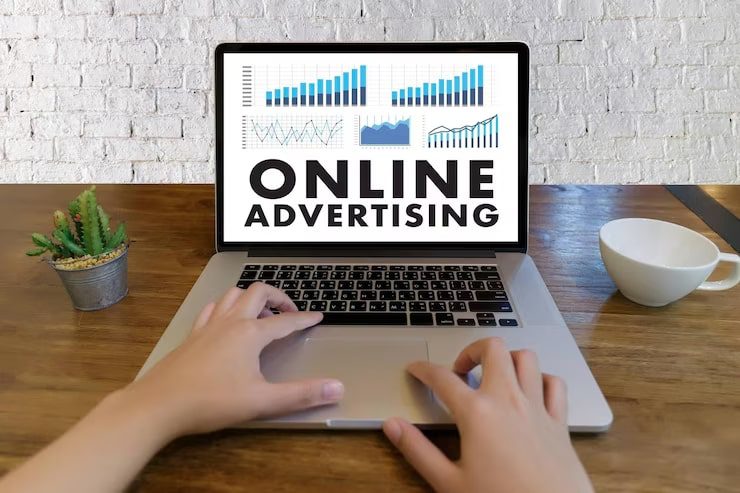In the growing world of internet and digital marketing, Pay-Per-Click or PPC advertising has turned out to be one of the most efficient techniques for establishing traffic as well as leads. From being a beginner in digital marketing or being in the process of optimizing your advertising approach, acquainting oneself with the basics of PPC advertising can greatly enhance the online visibility of your corporation. In this guide, we aim to cover what PPC is, how it doesn’t involve a still-dollar bill, and why all smart marketers – new or experienced – should integrate the various aspects of PPC into their strategy.
What is PPC Advertising?
PPC advertising is an internet marketing strategy where an advertiser only pays when the ad is clicked. Rather than having visits to a website come naturally, you are paying for them through specific ads to appear. The most common networks we find for PPC Ads are Google Ads, Bing Ads, and social media networks, especially Facebook and Instagram. The primary outcome of PPC advertising is to identify high-intent leads to turn them into paying customers by presenting related ads to the target group.
How Does PPC Advertising Work?
PPC advertising essentially relies on bidding right now. When the user types in a keyword associated with your business, the ads appear beside or on the top of the organic search results. At the same time, the customer does not pay for the advertisement, but only for a ‘click’ which means that PPC is suitable to draw traffic. It also allows you to reach potential users by segmenting them by demographic, geographic, or device targeting for your ads.
There is also competition with PPC campaigns depending on the keyword costs that are important in your business. WordStream has found out that the cost per click through Google Ads laid across all industries presently stands at $2.69 for the search network. What must be noted here is that one should pick terms with high commercial intent and related to the products that your target public may be looking for but one must avoid expensive keywords that attract high bids from competitors.
Benefits of PPC Advertising
Immediate Results: As opposed to common SEO marketing techniques, which may take several months in order to show the first outcomes, PPC advertising has the potential to produce traffic and leads on the same day. In the same instance, your campaign is active your ads can generate web traffic.
Highly Targeted: One advantage of PPC advertising is that it offers very targeted options. It gives you the privilege of deciding who sees your ads considering; location, device, time of the day, and even the interest of the users in the ads. This means that your marketing dollars are being used to target only those people in the population who could be potential customers of your products or services.
Measurable ROI: PPC has the distinct benefit of being able to monitor and this is done in a real-time manner. Unlike other forms of advertising, every step of your PPC campaign can be tracked from the click-through to the impression and the conversion. Google Ads, for instance, gives you account insight that will enable you to determine which strategies are good for implementation and which ones need modification.
Cost-Effective: Nonetheless, PPC is reasonably inexpensive than other advertising methods when appropriately implemented. You have full control over your spending and you’re only charged for users who click at your advertisement. If the correct keywords are selected and the ad campaign is being optimized as often as possible, the businesses get good returns on investment (ROI).
Elements of high-quality PPC Campaigns
Start with a Solid Keyword Strategy: Those keywords are the core of any PPC campaign, which is aimed at attracting clients’ attention. Find out the keywords for your niche research from Google Keyword Planner and pick out those that are popular, yet not competitive. This should be done more frequently and improved to give the best hit on as many keywords as possible.
Craft Compelling Ad Copy: The ad copy you write should not only be persuasive but also informative and relevant to the search being conducted by the consumers. Instead, it is crucial to attract user clicks by stressing what your offer can do for them.
Conclusion
PPC advertising is an incredibly effective way to reach a targeted audience and drive traffic to your website. By implementing a well-planned PPC strategy, you can see immediate results, enhance your brand’s visibility, and boost your ROI. For beginners, focusing on the right keywords, writing compelling ad copy, and optimizing landing pages are the keys to creating successful campaigns. As you refine your approach, PPC advertising can become a cornerstone of your digital marketing efforts, delivering consistent and measurable success.







